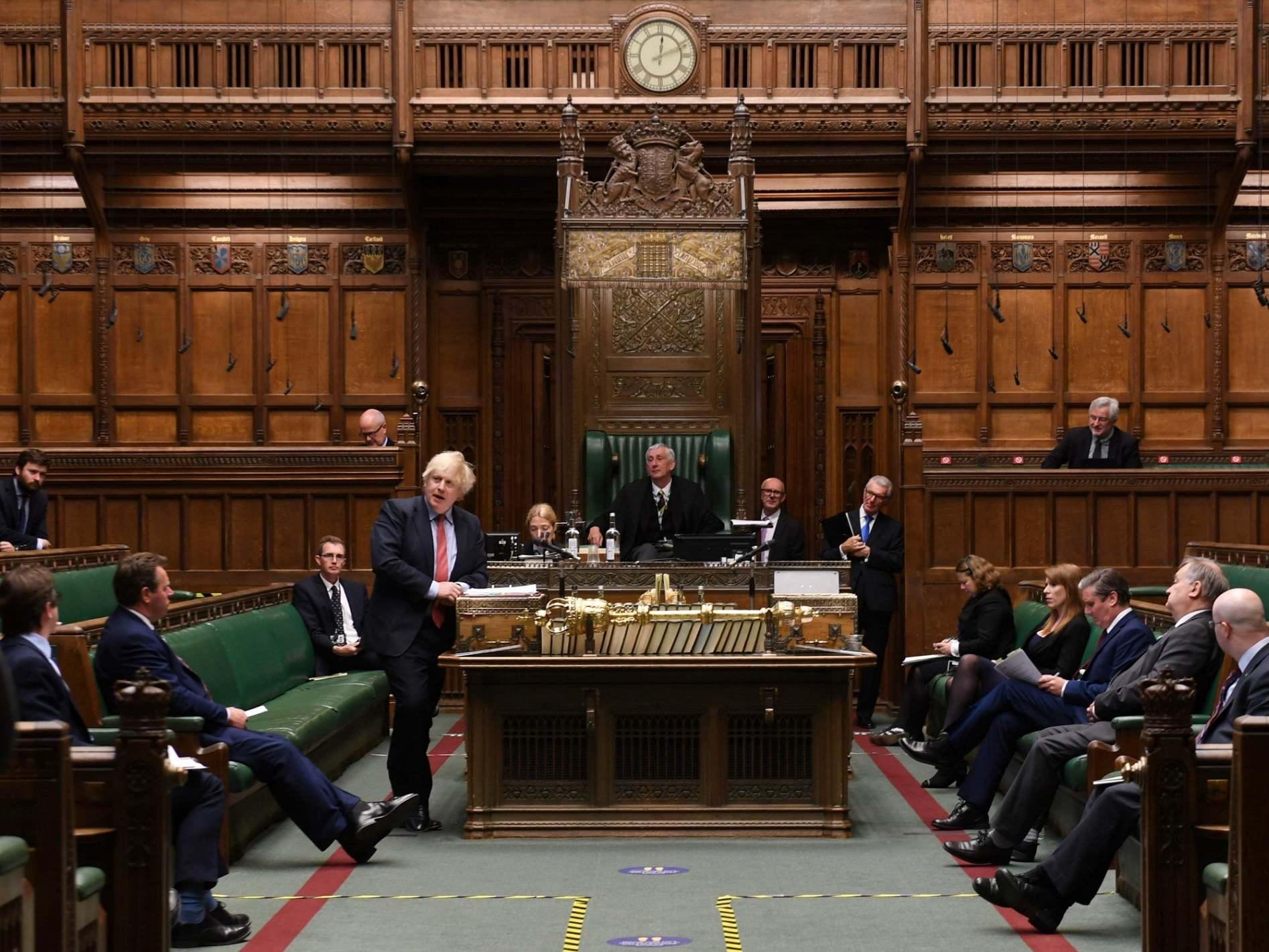Voting reform is a distraction – there are more important battles for democracy
The Lib Dems (and others) are still hankering after proportional representation, but there are other struggles to be fought first, says John Rentoul


Two big constitutional changes are now paused while parliament is in recess until September. One is the bill giving the boundaries commissions their instructions for updating the map of UK constituencies for the next election. The other is the law to replace the Fixed-term Parliaments Act (FTPA), which is still at the consultation stage and hasn’t been published.
So before MPs and peers dispersed for August, they had a chance to take their constitutional hobby horses for a short canter around the paddock, when the House of Lords debated the Parliamentary Constituencies Bill this week, and when Chloe Smith, the constitution minister, gave evidence about the government’s policy on the FTPA to a Commons select committee last week.
Most enjoyable was the hereditary Earl of Clancarty explaining to the Lords on Monday why proportional representation is a good thing. He is a British and Irish peer, and also, as Marquess of Heusden, a member of the Dutch nobility, who is elected to sit in the upper house – by his fellow hereditary peers.
Menzies Campbell, the former leader of the Liberal Democrats, complained that it takes millions of votes to elect one Green MP and only a handful to elect an SNP one. Only Dafydd Wigley, the former leader of Plaid Cymru, thought to comment: “It is surely presumptuous that this unelected chamber should determine the electoral process.”
Lord Wigley is right. Not only should the House of Lords not be discussing electoral systems, but politicians in the lower house shouldn’t waste their time with it either. Andrew Adonis, the Labour peer, said: “My strong advice to the Lib Dem benches is: ‘Do not go there.’” As he pointed out, any party that wants to change the voting system has to win an election under the existing system first. He went on to point out that, even then, a new system would probably need a referendum: we had one of those nine years ago and it didn’t go as the Lib Dems hoped.
Personally, I would say that the existing first-past-the-post system is easily the worst voting system in the world, apart from all the others. And if you can’t win a referendum to change it, it cannot be that undemocratic can it? To all those people who claim after the event that the 2011 referendum doesn’t count because the Alternative Vote (voting with numbers in order of preference) isn’t proportional representation, I would only say that the vote against change would have been even greater if the people had been offered the Single Transferable Vote in multi-member constituencies using the Droop quota.
Besides, there are more pressing questions of constitutional reform. One is the boundary review, which ought to sail through both houses of parliament on a whipped vote. Labour complains, unconvincingly, that it is an attempt to redraw the boundaries in the Tories’ favour – which it is, because population change has made the existing constituencies biased against them (Labour seats tend to have smaller populations). Labour can hardly oppose the principle that constituencies ought to be as equal in size as possible, although opposition peers did complain that the new rules allow less variation in constituency size, which means the boundary commissions will have to cut through natural “communities” more often.
What was surprising was the number of peers on Monday who criticised the government for dropping David Cameron’s plan to cut the number of MPs in the Commons from 650 to 600 – a pledge in the 2010 manifesto to “cut the cost of politics”. These peers might as well rail against the clouds. Cameron couldn’t do it because he couldn’t persuade Conservative MPs to vote to put their own seats at risk of being abolished. Boris Johnson has realised that, even with a big majority, he couldn’t do it either.
The most important constitutional battle is yet to come, however. That will be Johnson’s attempt to restore to the prime minister the right to decide the date of general elections, within a five-year maximum. That was the position before the Fixed-term Parliaments Act passed by the coalition in 2011, and Smith hinted to MPs last week that the government intended to “return to more flexibility to deal with unexpected circumstances”.
It will be interesting to see whether the House of Commons, which voted to set the dates of the last two elections, will be willing to yield that power back to the prime minister. I suspect that might be an issue on which Johnson’s notional majority of 78 might be smaller than it seems.
Join our commenting forum
Join thought-provoking conversations, follow other Independent readers and see their replies
Comments